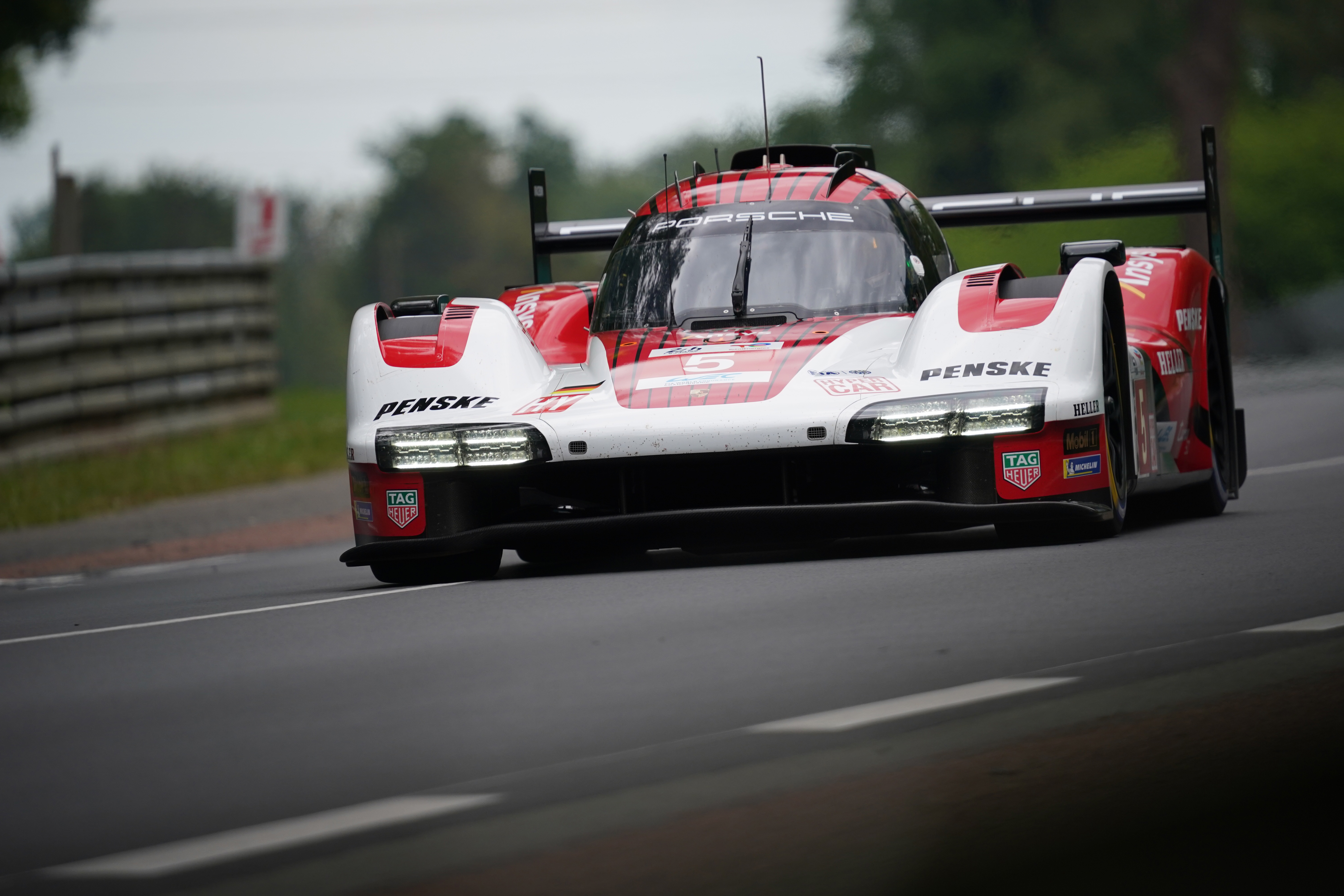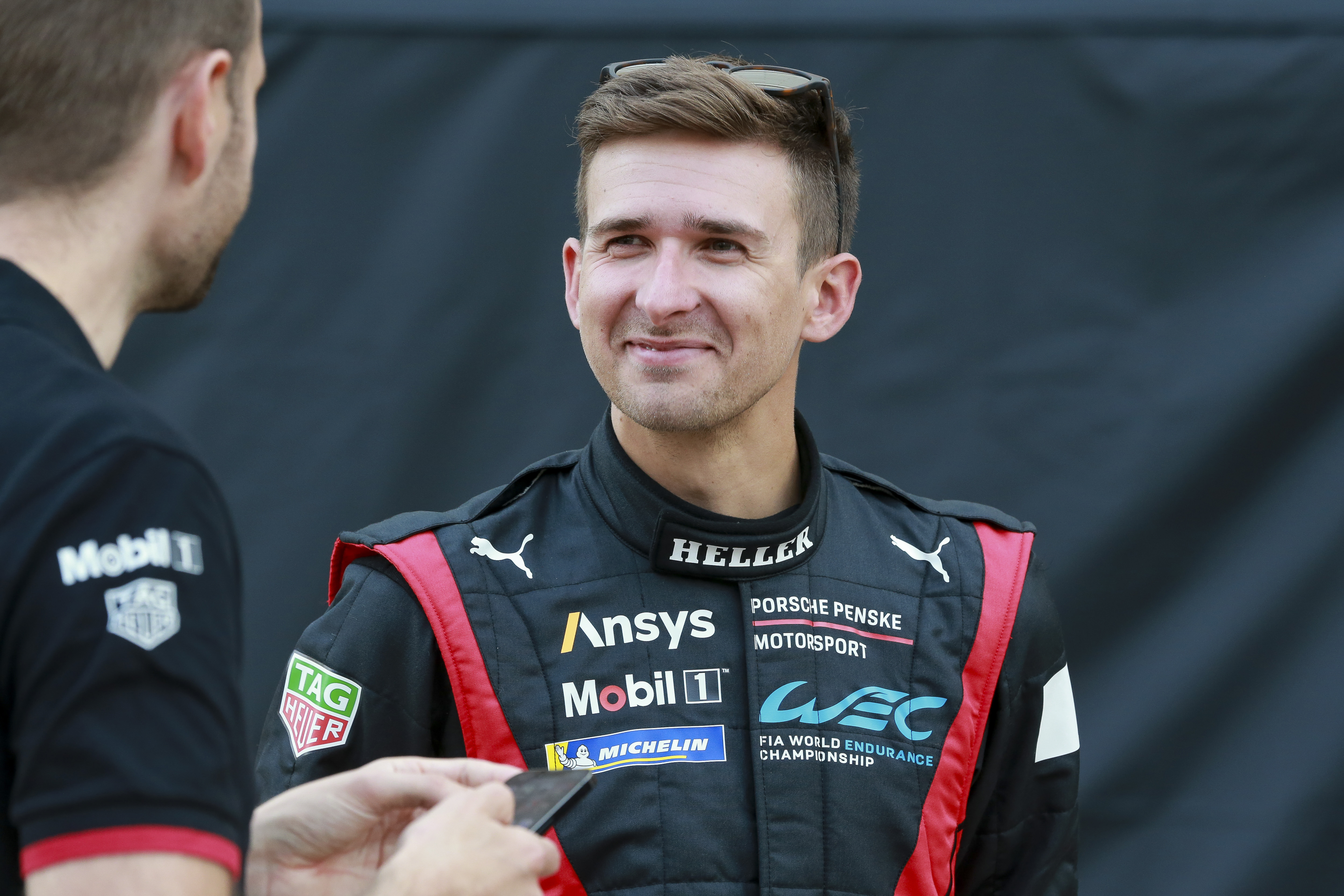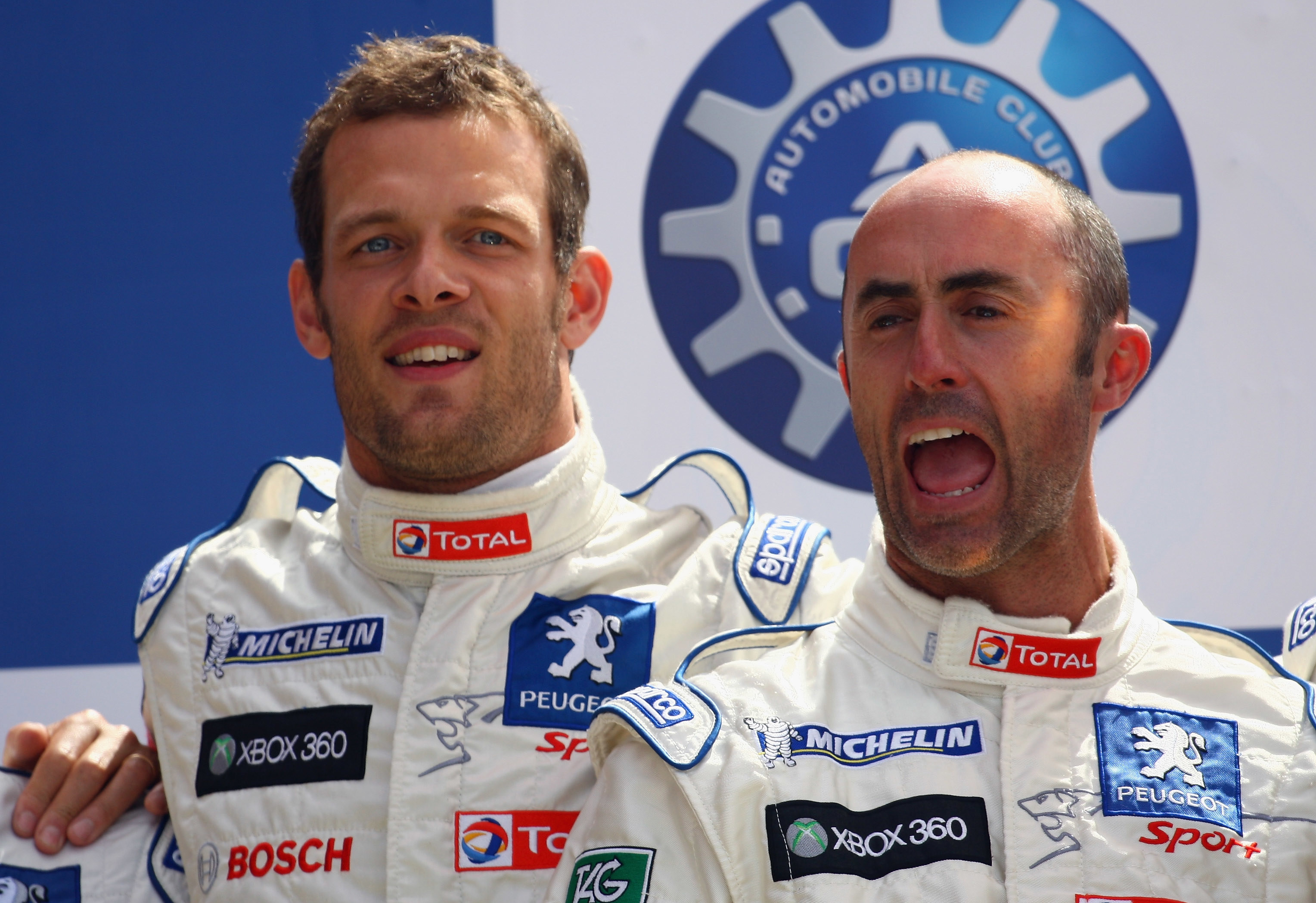The 24 Hours of Le Mans is the absolute pinnacle of endurance racing in motorsport. It is one jewel in the sport’s Triple Crown alongside the Indianapolis 500 and Monaco Grand Prix.
Monaco is famed for its glitz and glamour while Indianapolis boasts the biggest single-day attendance of any sporting event globally. Le Mans, however, is the toughest of all to win – but no driver can win it alone.
In the 100 years since the first twice-around-the-clock race was won by French duo Andre Lagache and Rene Leonard, the race has been contested almost annually save for The Great Depression and World War II.
Stan Sport is the only place to watch the 24 Hours of Le Mans and the FIA World Endurance Championship. All the action streaming ad free, live and on demand
Some of Australia’s most well-known racers have attempted to win Le Mans. Names like Peter Brock and Larry Perkins or more recently Mark Webber and Ryan Briscoe.
Just four have ever won it. David Brabham is the last Australian to win at Le Mans, surprising everyone with Peugeot in 2009 alongside Spain’s Marc Gene and Austrian Alex Wurz.
READ MORE: Bizarre twist as Cody Simpson eyes ‘last throw of the dice’
READ MORE: ‘Shell-shocked’ Sharks humbled as Hynes dealt blow
READ MORE: Why Blues would be ‘stupid’ to overlook Latrell
Matt Campbell could soon become the fifth name on that list. On Saturday, he’ll become the first Australian to race for the factory Porsche team since Mark Webber’s last Le Mans in 2016.
Campbell will start 11th in the No.5 Porsche 963 that he’ll share with Denmark’s Michael Christensen and Frenchman Frederic Makowiecki. The trio are considered a formidable line-up in an ultra-competitive field.
Campbell is about to contest his fifth Le Mans and his first in the top Hypercar class.
Speaking with Wide World of Sports, Brabham said Campbell is a bona fide contender for the win in arguably the toughest grid in the modern era.
“If you’re talking about advice to someone like Matt, he’s an experienced campaigner,” said Brabham.
“He’s an excellent driver, he’s with Porsche, he’s with Penske, he’s been in that endurance environment where teamwork is paramount. You’ve got to work with your teammates – much differently than you would in single-seaters, because that’s normally a war and you can’t have a war in a sports car team.
“You’ve got to have a cohesive team. Egos are put to one side and you operate in a slightly different way, which I’m sure he understands anyway. In some ways, you can fall into a trap of thinking that you’ve got to change and that’s where it can go wrong.
“He’s clearly doing a great job for an organisation like Penske and Porsche to have him onboard. It’s a fantastic opportunity for him. He’s got a great shot of winning and I really hope he does as well.”
The 24 Hours of Le Mans was long billed as a test of mechanical endurance; a test for car manufacturers to show they could weather the storm and still be fast.
Nowadays, the event resembles a 24-hour sprint race where reliability is less of a concern. The frantic nature of the race means staying out of trouble is paramount.
“This year I think in particular, more so than last year, it’s going to be more competitive,” said Brabham.
LE MANS GUIDE: Against the odds, F1 champ seeks ultimate prize
“The cars will probably be potentially closer together for longer in the race than they were last year, so what that opens up is people getting a little bit too excited and going for a gap that probably could have waited because they’ve got the pressure of a lot of people around them.
“There’s a lot more pressure on the drivers now than there was previously because it’s the most competitive we’ve seen in a very long time. We saw last year where the first couple of hours were like the last two hours with everyone going for a sprint to win and mistakes happened.
“That’s probably the only thing that might catch the drivers out is letting their enthusiasm for track position at the beginning of the first six hours get the better of them.”
https://twitter.com/StanSportAU/status/1801087121505083774?ref_src=twsrc%5Etfw
So how do you win the 24 Hours of Le Mans?
“It’s very simple,” said Brabham. The key is minimising time in the pit lane.
Knowing that your car will be reliable and avoiding any potential for reliability issues to rear their head is fundamental to success.
Brabham knows all too well what that’s like.
“Part of the reason we won in 2009… we weren’t the quickest, in fact, I’d say we were slightly slowed down by the team because we were not the preferred option,” he explained.
“We noticed in practice that the front splitters were getting damaged by going over the kerbs. With such long straights at Le Mans and high speeds, you start cracking and breaking the splitter. It’s just gonna turn into a disaster after a while and you’ve got to replace it – and that’s what happened.
“We reduced our pace to make sure that we would look after the car where the other two cars were more interested in how quick they were. And of course, that meant going over the kerb.
“Three years in a row I won, but three years in a row, I had the least amount of time in the pits. That is a critical component of winning Le Mans.”
https://twitter.com/PorscheRaces/status/1801379113191833937?ref_src=twsrc%5Etfw
This year’s grid features a record-high 23 cars in the Hypercar class. Regulations mean the cars are closer than ever and with so little to separate first and last, Brabham has no idea who will win.
“There is a lot of very good teams, manufacturers, and drivers,” he said.
“The quality in that field and how competitive they’re all going to be – probably the most competitive we’ve ever seen at Le Mans in that sense – I’m not game enough to go ‘They’re my favourites’.
“I think that’s the beauty of going into this weekend. It’s such a massive unknown, which makes it really interesting.”
The 24 Hours of Le Mans starts at midnight on Saturday with coverage live, ad-free, and exclusively on Stan Sport from 11pm.
Australians to win the 24 Hours of Le Mans
1928 – Bernard Rubin – with Woolf Barnato (GBR)
1983 – Vern Schuppan – with Al Holbert (USA) and Hurley Haywood (USA)
1993 – Geoff Brabham – with Christophe Bouchut (FRA) Eric Helary (FRA)
2009 – David Brabham – Marc Gene (ESP) Alexander Wurz (AUT)



